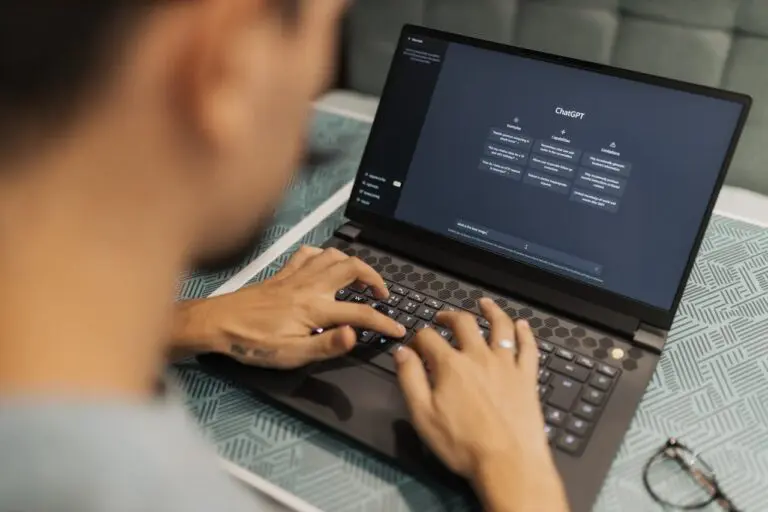Every brand thinks its new idea is the one. The app that will “revolutionize” productivity. The snack that will “redefine snacking.” The product that will “change the game.”
But here’s the inconvenient truth: most ideas flop. Not because they’re bad, but because no one actually bothered to check if real people outside the company agreed or disagreed. That’s where concept testing comes in; your reality check before reality checks you (looking your way, Cheetos Lip Balm).
What Concept Testing Really Does
Think of concept testing as the tough-love consultant your product team didn’t hire but desperately needs.
SMARI helps you answer:
- Do people get it?
- Will they buy it?
- Does your message spark excitement, or yawns?
If the answer is “meh” (or “this is mid” for all you Gen Z’ers tuning in), congrats, you just saved millions.
Why Customization Is Everything
Generic, one-size-fits-all concept testing is like using eHarmony with no filters. Sure, you’ll get matches, but you probably won’t love the results.
Custom research means:
- Zeroing in on the right audience: Forget “18–65, urban and suburban.” You need your people, the ones who might actually buy.
- Mixing methods: Sometimes it’s in-depth interviews, sometimes quick-hit surveys, sometimes a fake online shelf set where your product fights for attention against Doritos.
- Capturing context: Testing a Millennial-aimed gaming app? Don’t run it past a 61-year-old in a focus group room with a questionable deli platter. Test it where decisions actually happen—on a phone, while multitasking.
The Payoff: Risk Down, ROI Up
Here’s why executives should care:
- Reduced risk – Fewer million-dollar flops.
- Sharper positioning – Messaging that really lands, not jargon salad.
- Faster iteration – Learn, tweak, repeat before launch, not after.
- Competitive clarity – See how your idea stacks up without needing corporate espionage.
In other words, custom concept testing is less about “Do people like it?” and more about “Will this make us money, or bury us in the dreaded clearance shelves?”
The SMARI Toolbox (For the Nerds & Strategists)
- Conjoint Analysis: Teases out what customers really value.
- MaxDiff Testing: Ranks what matters most, think Olympic podium of preferences.
- Message Resonance: Finds the line between clever and cringe.
- Virtual Shelf Tests: Reveals if your shiny new packaging gets picked… or passed over.
The Future: Humans + AI
AI is now part of the mix; scanning online chatter, running predictive models, even flagging that your logo color reminds people of cough syrup. But here’s the key and turn the volume up to 11: AI doesn’t replace human insight. It just makes the process faster, sharper, and occasionally more humbling.
The Last Word
If your launch strategy is “we just know this idea will work,” you’re basically betting your budget on caffeine and vibes. Letting SMARI help you with concept testing keeps your team honest, your audience engaged, and your CFO marginally less stressed.
Your gut may be great for tacos, but for business decisions? Test it with us.
***
SMARI is an award-winning Indiana-based market research consultancy that was founded in 1983 with the idea of guiding change and inspiring confidence. We are proud to work with SMEs as well as a variety of Fortune 500 brands. We are powered by our core values: integrity, community, perseverance, trust, passion, curiosity, and innovation. SMARI’s expertise includes full project scopes, including instrument design, sampling & fielding services, reporting & analysis in Healthcare, CPG, Retail, Food & Beverage, Manufacturing, Financial Services industries, and beyond. Much has changed in our 40+ years, but our tagline and overarching mission remain the same—to guide change and inspire confidence. Start a conversation with us at www.SMARI.com.



